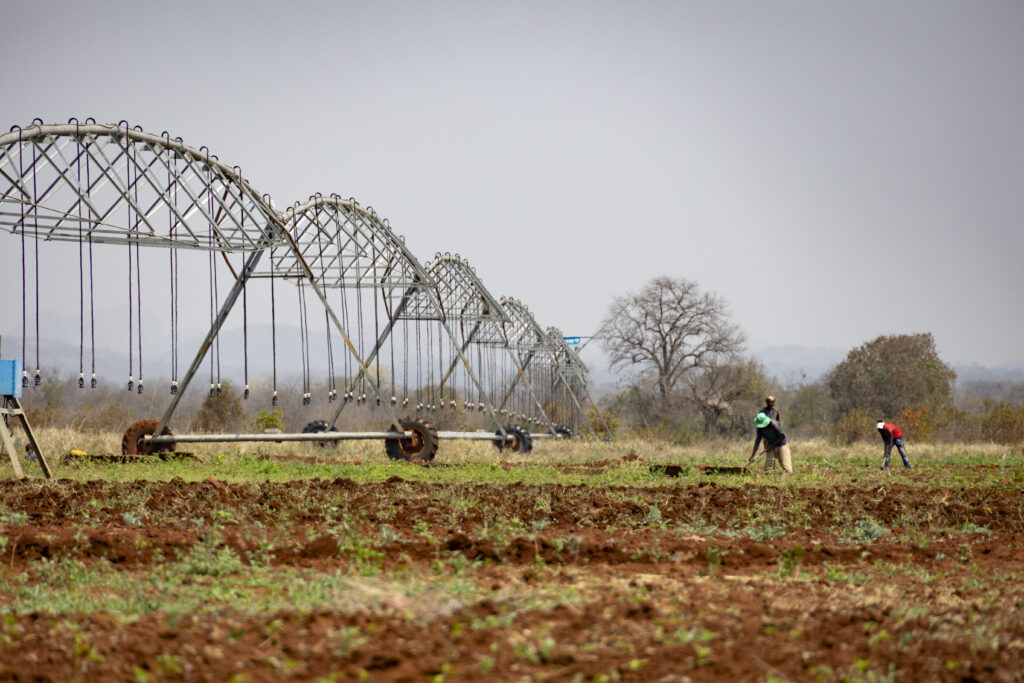In Zimbabwe, CESVI has spearheaded a groundbreaking agricultural initiative that has revitalized local agriculture, presenting a sustainable opportunity for hundreds of families. Eleven years ago, CESVI embarked on a pivotal program that significantly improved the living conditions of a local community previously plagued by poverty, hunger, and food insecurity. Located in the Beitbridge district, bordering South Africa, this semi-desert region is distinguished by the Limpopo River, a major watercourse in Southern Africa that flows underground during the dry season.

Historically, due to the river’s presence, colonial and post-colonial governments developed irrigation schemes enabling local crop production to meet food requirements. However, Zimbabwe, once dubbed the “breadbasket of Africa,” faced severe economic downturns, which adversely affected this area. In response, CESVI initiated a transformative project in 2007 with the local community to enhance agricultural production and shift from subsistence to commercial farming. A market analysis revealed the region’s potential for orange cultivation, a sector where many locals already had experience as seasonal workers.
The project initially focused on engaging women, who are the backbone of the local economy and play a crucial role in community stability and development. CESVI formed the first group of female workers and established the inaugural orange orchard. The initiative promised great potential, particularly as CESVI facilitated a commercial partnership between the orchard workers and a local factory committed to purchasing future harvests, thus securing a steady income for these female farmers.

One challenge was the natural growth cycle of orange orchards, which typically begin to yield fruit five years post-plantation. To sustain community interest and provide immediate benefits, CESVI implemented a drip irrigation system and interspersed vegetable crops among the orange trees for family consumption. This strategy not only provided essential food sources but also inspired further agricultural ventures. For instance, the cultivation of pumpkins led to an opportunity to sell pumpkin seeds to a local producer, creating an additional revenue stream.
Over time, the orchard flourished, increasing both its yield and economic benefits annually. Today, approximately 100 hectares of land are dedicated to orange cultivation, supporting the livelihoods of around 186 families.
Building on this success, CESVI has expanded its efforts to 12 additional communities in south-central Zimbabwe, introducing irrigation schemes for oranges and paprika—a new crop in high demand. Each scheme employs around 100 people, predominantly women, who have grown into skilled agricultural managers and entrepreneurs.

Reflecting on the project’s impact, Mbona, a participating farmer, shared, “Before this project, we faced dire food security challenges. Now, our lives have transformed: we have food security and have increased our income, which supports my children’s education.”
Through these initiatives, CESVI continues to foster agricultural innovation and economic empowerment in Zimbabwe, demonstrating the profound influence of sustainable development on community resilience.


